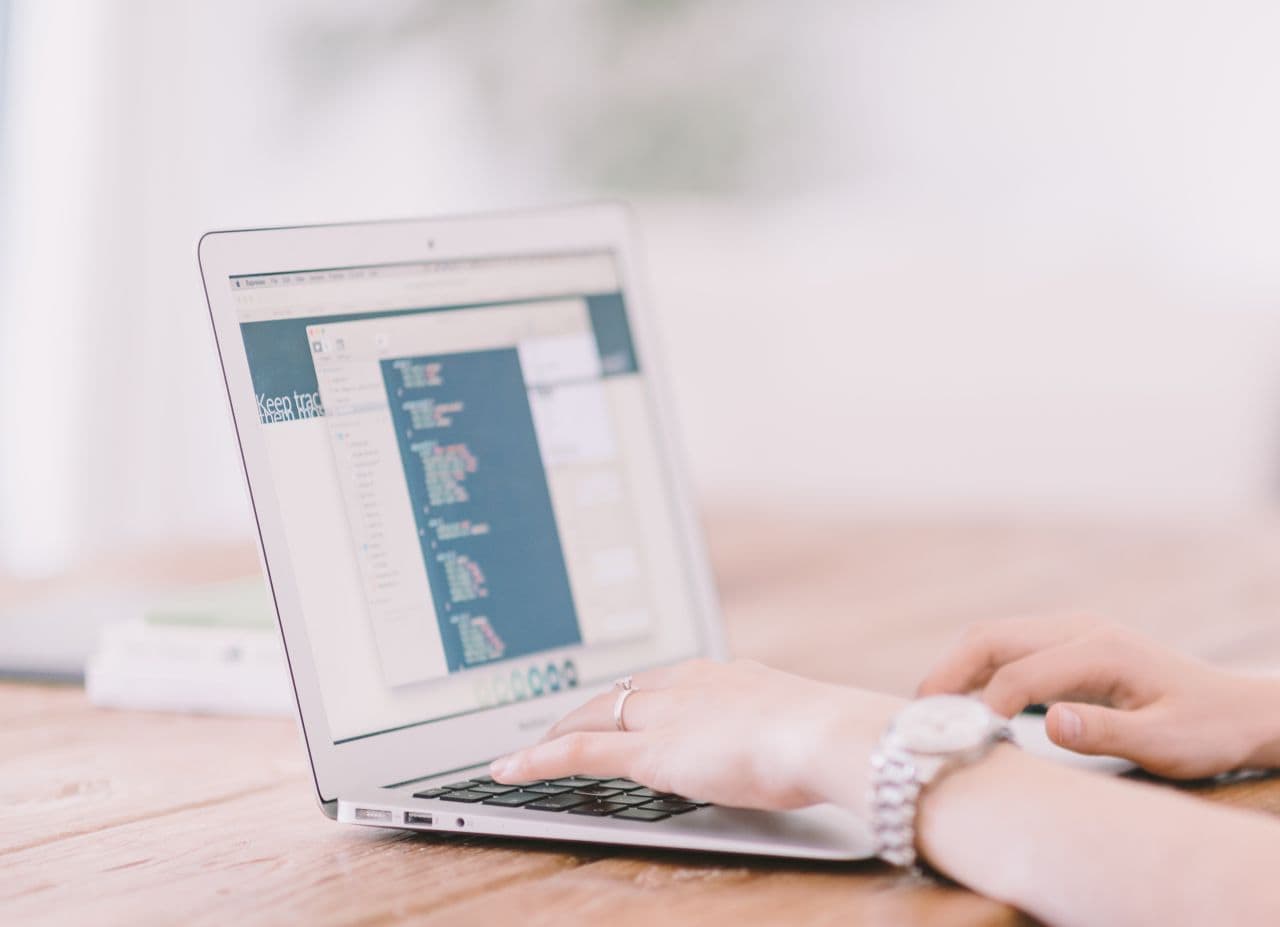Did you know that people still use birthdays, anniversary dates, and their middle names as passwords? Growing up, I had every adult around me telling me the importance of establishing decent security around your online presence, and choosing a password was something I spent a lot of time doing. To continue with my series on internet safety, and after hearing about how one of my friend’s Facebook accounts was recently hacked, I think dedicating a post to choosing a password on your own accounts is warranted.
Avoid the Obvious
As I mentioned earlier, it is so important to stay away from things that can easily be guessed. Don’t use birthdays or any important dates in your passwords, don’t use your kids’ names or your pets’ names, and certainly don’t use your phone number. Any information that a person can find through talking to you or your friends is something you need to avoid using as a password.
Use Abbreviations
It’s generally a bad idea to use full words when choosing a password because there are bots and programs that can figure that sort of thing out no matter what language the word is written in. Instead, when choosing a password, consider using abbreviations. For example, if you really love pizza, instead of writing “I love pizza,” write “iLvp11z@aaaaahhaaa$$$$” instead. Not only have you misspelled everything, but you’ve included symbols and numbers that make your password harder to crack. You could also think of phrases like “What is a gaming VPN?” and use abbreviations of that.
Don’t Save your Passwords
While this isn’t directly related to choosing a password, it needs to be mentioned! Avoid agreeing to prompts that offer to remember your password on your computer. If someone gains access to your computer, remotely or otherwise, it could be very easy for them to access your bank account, email accounts, and other sites where you store a lot of sensitive information.
